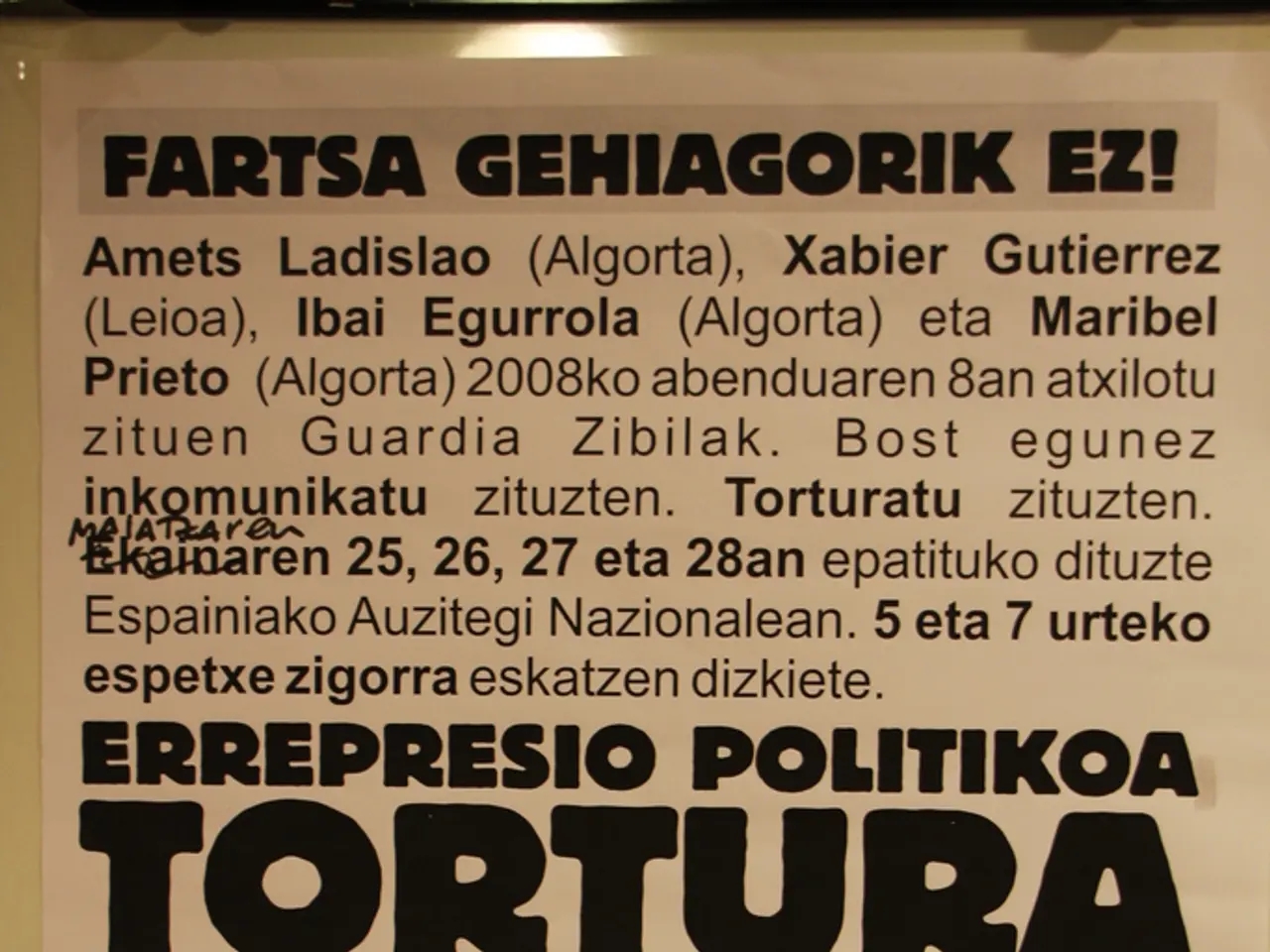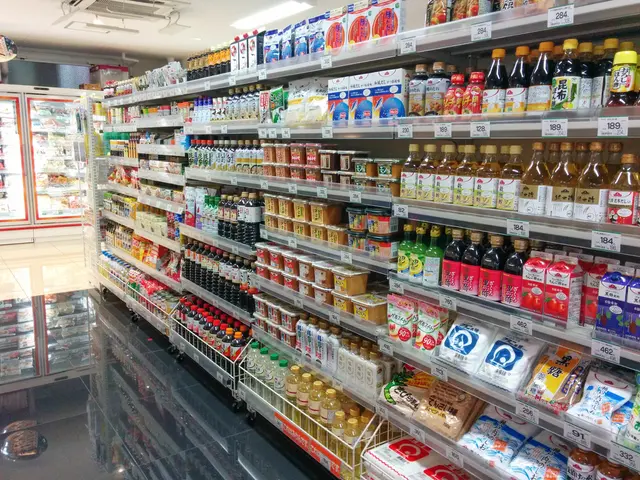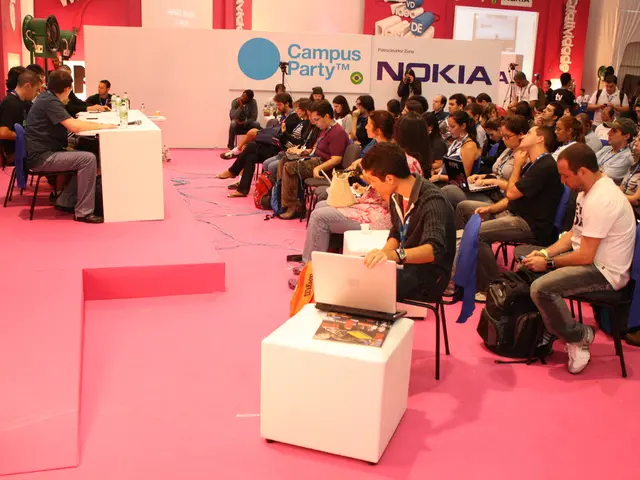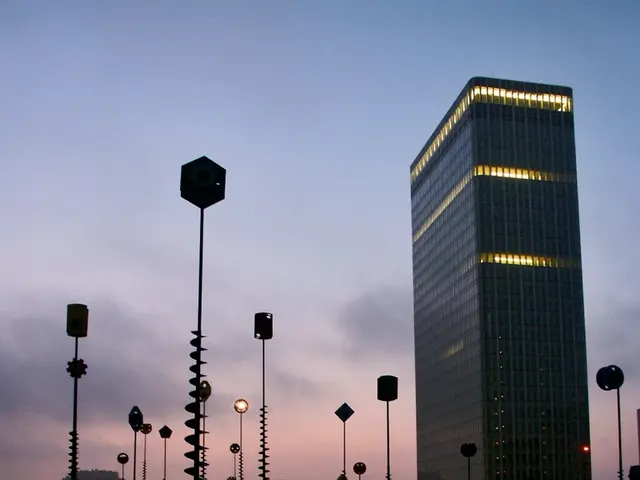July saw a 0.26% increase in inflation rates, falling short of the projected market estimates.
Brazil's inflation rate, as measured by the IPCA, has seen a surprising dip in recent months, but the outlook for the rest of the year remains uncertain due to the impact of U.S. tariffs on key Brazilian exports.
The median of market financial estimates for the IPCA in 2025 fell to 5.05%, a decrease from the 5.35% rate in June. However, this rate remains distant from the ceiling of 4.5%, indicating that inflation may still be a concern for the Brazilian economy.
The new tariffs imposed by Donald Trump on Brazilian goods, including coffee, meat, and fruit, have raised the effective average tariff to around 32.7%. This substantial increase has caused concerns about the potential impact on Brazil's export competitiveness, especially in key agricultural sectors subject to the highest tariffs [1][3].
The tariff environment may disrupt Brazilian export flows and reduce foreign demand for these goods, causing negative sectoral impacts. For Brazil's economy, the increased trade barriers create uncertainty, potentially slowing growth and complicating inflation dynamics [2].
The Brazilian Central Bank's Copom committee has noted the adverse and uncertain global environment, citing U.S. trade policy as a factor elevating risk and complexity in controlling inflation [2]. Some inflationary pressures within Brazil are plausible due to the increased costs for exporters and potential disruptions in supply chains [3].
In July, the official inflation rate in Brazil was 0.26%, a slight acceleration from the 0.24% rate in June. This rate, while lower than previous projections, is still above the ideal target of 4.5% [4].
The trade war and its potential intensification could put pressure on the IPCA by increasing costs for companies and affecting the exchange rate, which in turn could impact companies' costs [5]. There is also concern that the trade war may escalate, increasing uncertainties and putting pressure on the dollar's quotation, which could pose a future risk for the IPCA [6].
In a scenario of dollar truce and relief in agricultural prices, economists are reducing their projections for inflation this year. However, uncertainties in the trade war could still negatively impact the IPCA, potentially maintaining higher inflation rates or slowing their reduction over coming months [1][2][3].
In conclusion, the tariffs imposed by Donald Trump represent a material downside risk to Brazil's inflation outlook. They are expected to raise Brazil's export costs, heighten economic uncertainty, complicate Brazil's inflation control efforts, potentially leading to some cost-push inflation or disruptions in supply chains that feed into Brazil's CPI inflation measures [1][2][3]. The Brazilian Central Bank is likely to maintain a tight monetary policy stance to counter inflation pressures despite a moderating growth outlook [2].
The tariffs imposed by Donald Trump could put financial strain on Brazilian exporters due to increased costs, potentially leading to cost-push inflation. The financial implications of these tariffs could further complicate Brazil's efforts to control inflation.




